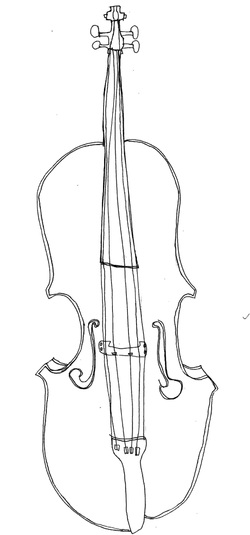
The enduring effects of the narrator’s imprisonment and torture are eloquently described in In the Orchard, the Swallows:
They took everything from me. My health, my family. They took from me the person I might have been, and returned in its place half a man, a shadow. Even now I am not sure I will feel lasting pleasure again. My capacity for it has been damaged. The suffering has retreated, but it leaves behind it an absence, a joylessness. If you are able, imagine breathing, and nothing stirring within. Yes, I feel relief that I am free, and it is a deep relief at that, but there is no joy. My pleasures have gone from me, like petals pulled from a flower head, or lost to a winter frost. Peter Hobbs (p 109)
Life continues, but in an almost zombified state, the illusion of safety destroyed.
In Pat Barker’s Regeneration, the trauma of the trenches continues for the hospitalised soldiers in the form of hallucinations and nightmares and in hysterical symptoms such as mutism, paralysis and bodily contortions. What was then termed shellshock, we now label post-traumatic stress disorder, a diagnosis that grants sufferers more sympathetic understanding and access to treatment. Yet psychiatric diagnosis is always a dual-edged sword and perhaps runs the risk of pathologising an extreme, but normal, reaction to an abnormal situation.
Closure is an extraordinarily compelling fantasy … the fiction that we can love, lose, suffer and then do something to permanently end our sorrow. We want to believe we can reach closure because grief can surprise and disorder us – even years after our loss. (Stephen Grosz, The Examined Life, p209)
But some lives do manage to adjust to a new normality. AM Homes’ May We Be Forgiven starts with what seems unbearable betrayal and violence within the family but, over the course of a year, settles down to an accommodation. My short story, Habeas Corpus, although it kicks off with my protagonist shitting his pants in terror, is mostly concerned with his struggle to re-establish his connection with himself once the crisis is over:
He'd marked off his five weeks and a day in clusters of lines scraped on the stone wall with the edge of a spoon. Now the hours and days went by unchecked. His parents went to the supermarket and came home to watch TV. He lay on his back upstairs staring at the ceiling he'd painted as a boy. At night when his parents slept, he watched old soaps in the front room, or sat outside shivering among the raspberry canes, a cigarette burning itself out in his hand.
In another of my short stories, Elementary Mechanics, Vashila’s nightmare scenario is twenty-odd years and thousands of miles away, yet it still has the potential to knock her off balance, leaving her husband to pick up the pieces:
He takes a tissue from a lilac box on his daughter's desk to dry her eyes. Balls of cotton wool in pastel colours from the ceramic bowl in the ensuite to dab the blood from her ear lobes. He eases the silver hooks through the tiny holes to remove the sparkly earrings she says her mother tried to yank from her ears. He runs her a bubble bath and promises to make her a soft boiled egg with soldiers.
In the master bedroom, his wife is sleeping. He takes the book from her hands and draws the quilt around her shoulders.
In this story, there’s a hint of a parent’s trauma affecting the next generation, a topic I hope to explore further in a later post. In the meantime, what are your thoughts on the exploration of terror at one stage removed? Do you share my interest in the question of how a person gets his/her life back after the worst has happened?





















 RSS Feed
RSS Feed





















